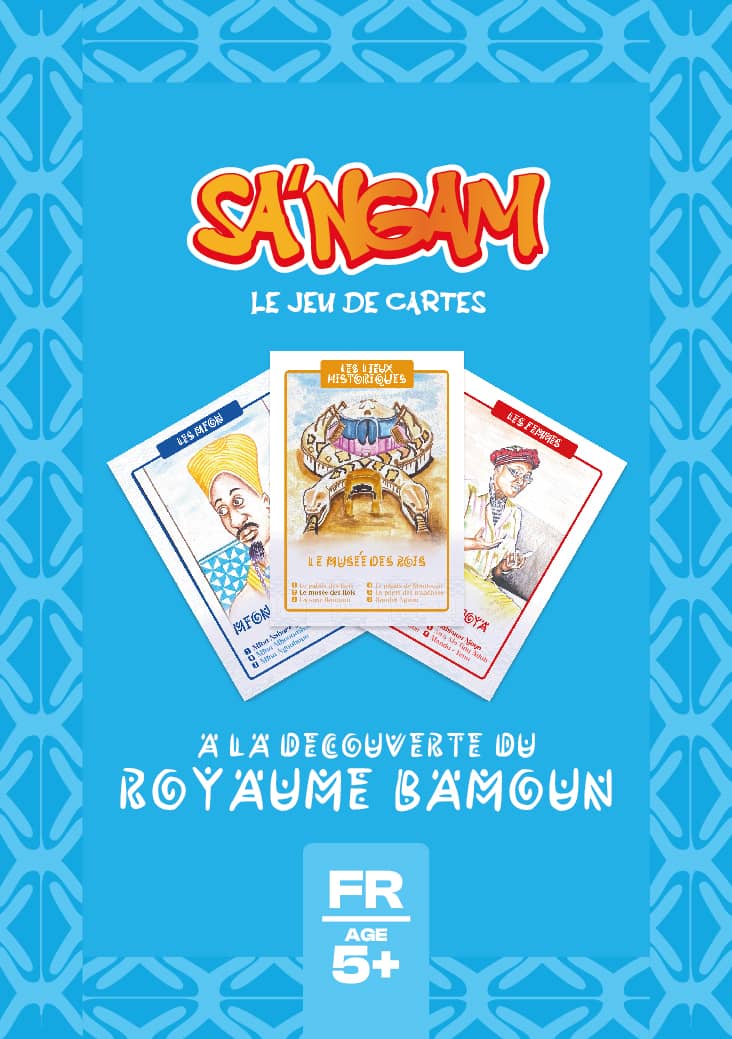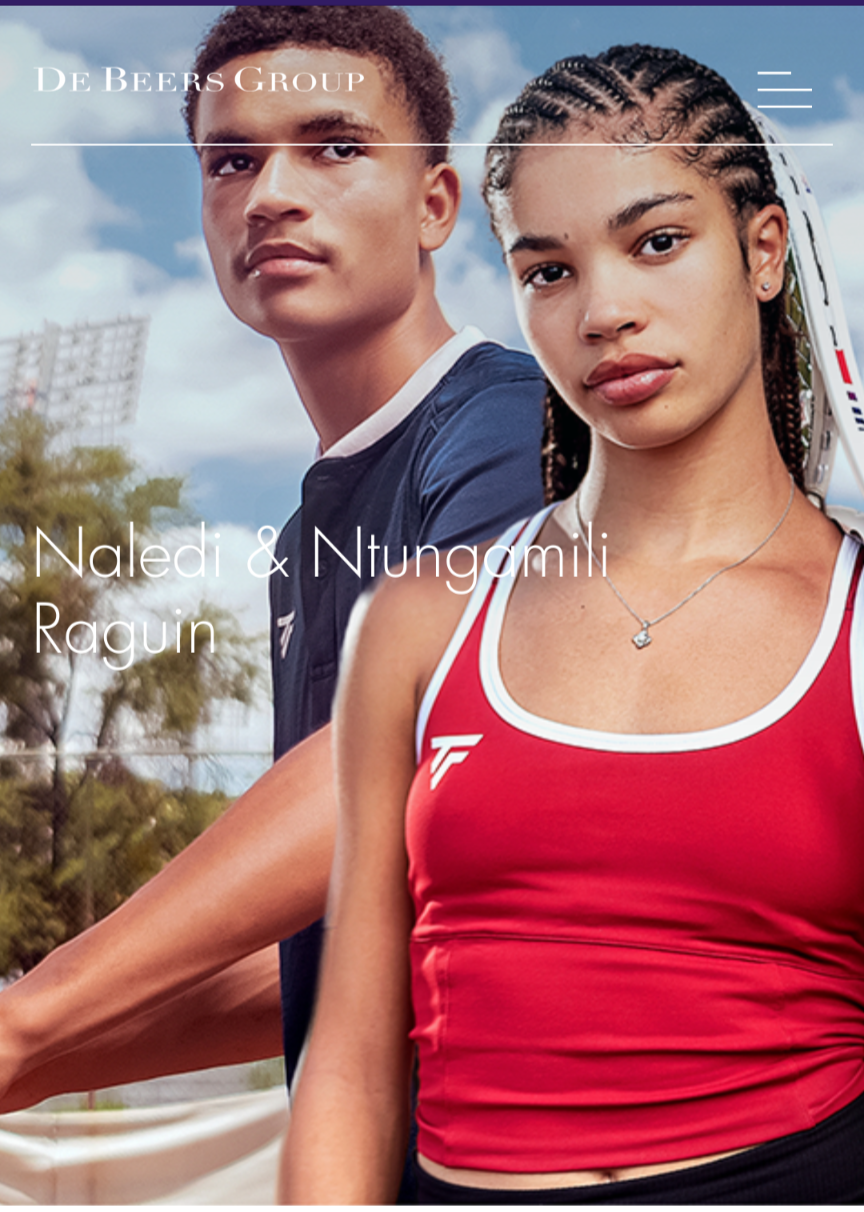I started a small company focused on building niche solutions—products that don’t need millions of users, but solve specific, painful problems well enough that people are willing to pay for them. I also freelance under that same structure, mostly as a senior software engineer and tech lead.
Some of the most promising things I’ve worked on lately didn’t start as business ideas. They started as community projects—things I built on the side, for causes I care about, using the same tools and mindset I apply to commercial products.
One is a cultural card game to help kids learn Bamoun history. The other is a smart planner for young tennis players trying to go pro. I designed, financed, built, and shipped them both. They work. People use them. They solve real problems. They now need to scale to their fullest potential.
Keeping Bamoun Culture Alive: Preserving and Sharing a Rich Heritage
The first project started with a simple idea: how can i make it easier to pass on the Bamoun culture to my children?
I’m originally from Foumban, Cameroon, a place rich with the traditions of the Bamoun people. But like many communities, we face a challenge—how to keep our heritage alive as younger generations grow up with very different lives.
As started a local association, I worked with friends and elders to support the design of a card game inspired by “7 Families” (a popular educational game in France)
Each family represents an aspect of Bamoun history—kings, symbols, traditional dishes, crafts, and more. I helped build and finance the project, and seeing kids play it today—laughing, learning, asking questions—makes every late-night work session worth it.
---Helping Future Tennis Stars in France
Fast forward to France, where I now live in Aix-en-Provence. I co-founded another association here called Sportifs Prometteurs, this time to support young tennis players with big dreams and limited resources.
This one was close to my heart too. Tennis is a tough journey—physically, emotionally, and financially. We are building a smart tournament planner that helps players choose which ITF tournaments to attend, based on ranking goals and budget constraints. On top of that, the association reimburses sports expenses and offers psychological support by connecting parents, coaches, and psychologists into one supportive community.
Two of the young players we support were recently featured in Talent Unearthed Series a video series by De Beers Group a diamond company, which highlights rising stars from Botswana.
Seeing their progress is honestly one of my proudest moments—not because of the tech, but because it made a real difference in someone’s life.
---Why I Keep Doing This
These aren’t massive projects. They will not scale to have millions of users, they will have simple, established architectures. But they’ve taught me how to:
- Listen better to non-technical people and translate needs into features.
- Design simple solutions that work in real life, not just in theory.
- Stay motivated, because seeing your code make someone smile is a whole different kind of reward.
- Learn faster, because solving real problems often means picking up new tools or rethinking how I work.
- Balance ambition with constraints, especially when time, money, or experience is limited.
More importantly, these side projects helped me stay balanced as a person. I came out of them with better skills anyway.
If you’re in tech and thinking about giving back, let’s build something together.

